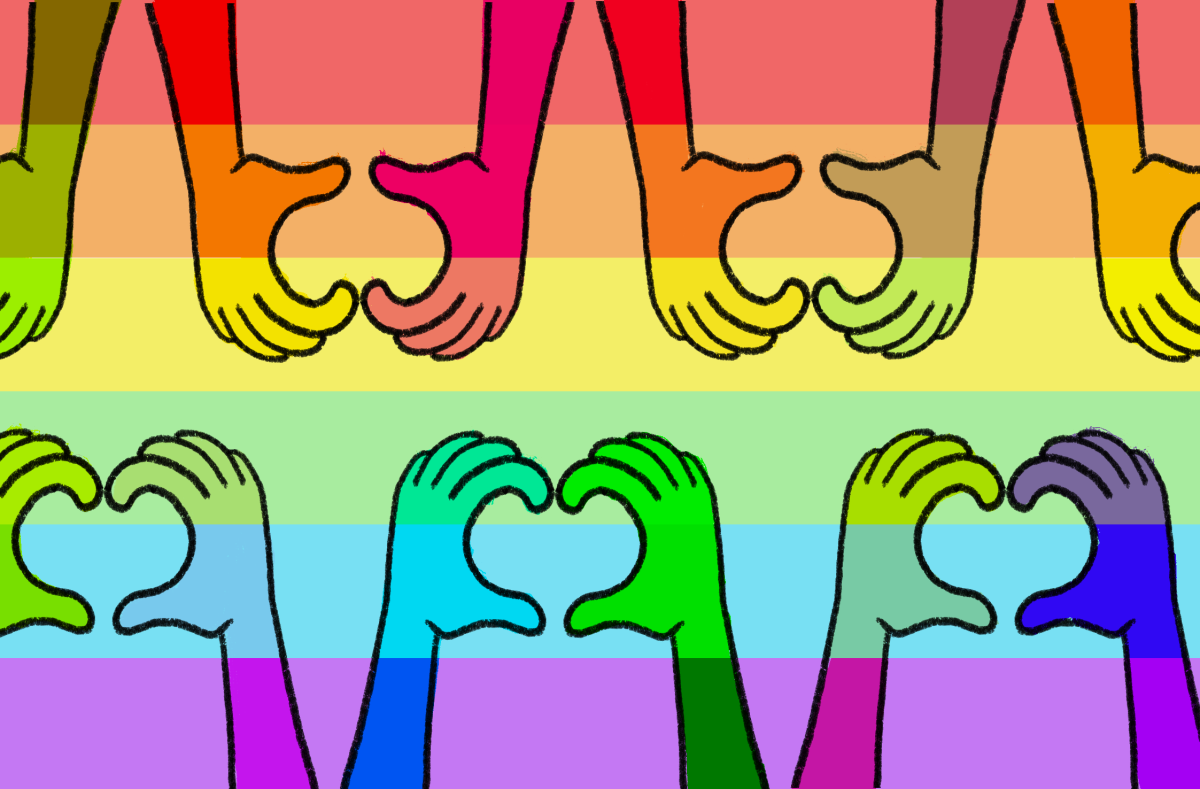As the 2020 election shows record-breaking voter turnout in North Carolina, many NC State students are looking to address systemic issues through the ballot box. While many NC State students have campaigned for specific policies and platform initiatives, not every impending issue has been properly tackled.
Anthony Ramsey, a second-year studying international studies and Arabic, said they felt the 2020 elections severely overlook LGBTQ+ issues.
“I feel like they really need to start addressing and taking head-on these issues and, you know, deciding where they stand on it,” Ramsey said. “In my personal opinion, standing against these issues is standing against basic human rights.”
According to Ramsey, part of the reason why candidates are not fully understanding LGBTQ+ constituents is due to representation within the public office. Ramsey said that, currently, they did not feel demographically represented by this election’s candidates, who tended to be mostly white, straight and male on both the national and local level.
“I know that just in the Senate — like Thom Tillis and Richard Burr — they’re both white, they’re both straight and they know nothing about the Black queer experience in North Carolina,” Ramsey said. “I know my district representative for the House of [Representatives], David Rouzer — again, white cis male — also knows nothing about the queer experience.”
Andy DeRoin, assistant director for the GLBT Center, said that they felt LGBTQ+ issues were not the focus of this election.
“I think it’s still part of general platforms, so a lot of issues are around access to housing, food security and job security,” DeRoin said. “Though the way that the Title VII ruling happened is in some ways a win for LGBT people seeking the opportinuty of having employment without discrimination. Although at NC State, we’ve had that for years.”
According to DeRoin, the big focus for this election was the basic need for protection and safety, with the COVID-19 pandemic and various instances of racial violence highlighting the need for solidarity on both the state and federal level. DeRoin also said that they felt underrepresented at the ballot this election, with no major transgender or nonbinary candidates running for office this election.
With North Carolina having previously been criticized for discriminating legislation, such as House Bill 2 (HB2), which denied trans individuals the right to use their preferred bathroom, DeRoin mentioned the anti-LGBTQ+ rhetoric of the North Carolina General Assembly and how it did not just affect LGBTQ+ people.
“I think one of the issues is that, yes, HB2 is no longer on the books, but how are people still enacting it and what kind of potential violence does that account for?” DeRoin said. “It’s possible that this could still resort in violence, even though it’s not even a law.”
Both Ramsey and DeRoin noted that while many politicians were still lagging behind on understanding LGBTQ+ issues, the media was showing signs of improvement. DeRoin said that while there were improvements in how the media portrayed LGBTQ+ individuals, a lot of representation was still rooted in stereotypes.
“It’s cool that there are a lot of different avenues that are out there for LGBTQ+ representation in the media, but I feel like there could be a lot more nuance than there is,” DeRoin said. “Part of that is asking for the type of media that we want because there are very few representations of, like, a trans woman of color living her life instead of it being the main plot of her story.”
As for how to bridge the divide, Ramsey said that open dialogue was the way for politicians to further understand LGBTQ+ groups, similar to understanding the needs for other marginalized communities, such as the Black community.
“I know for a fact that the Black experience isn’t going to change unless our white counterparts, who do agree with the Black Lives Matter movement, advocate for us towards those white people who aren’t going to listen, and it’s the same thing for LGBTQ issues,” Ramsey said. “We need our straight allies and our cis allies to go to those people who refuse to validate what we say but who will listen to someone who is more similar than them.”








